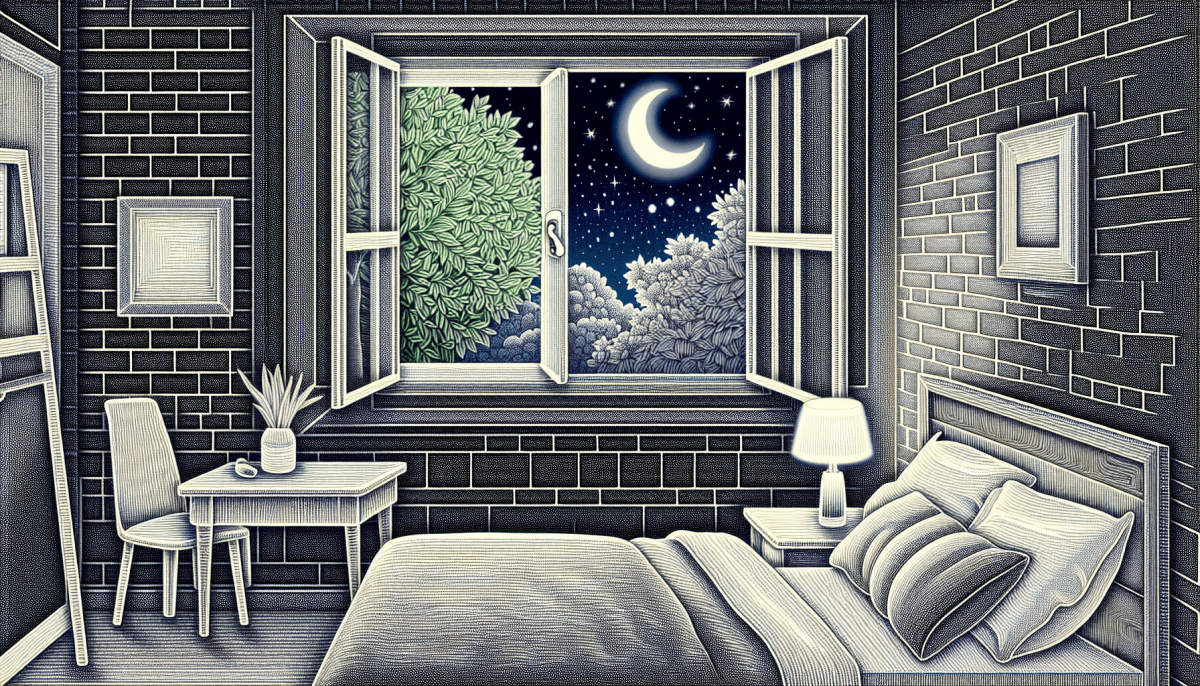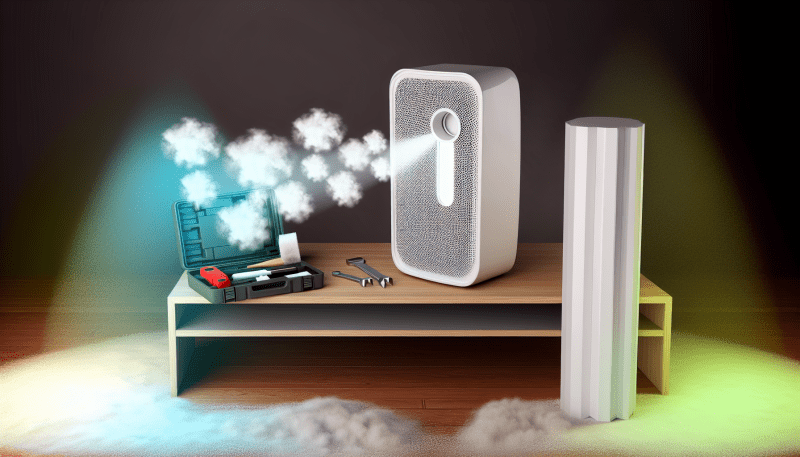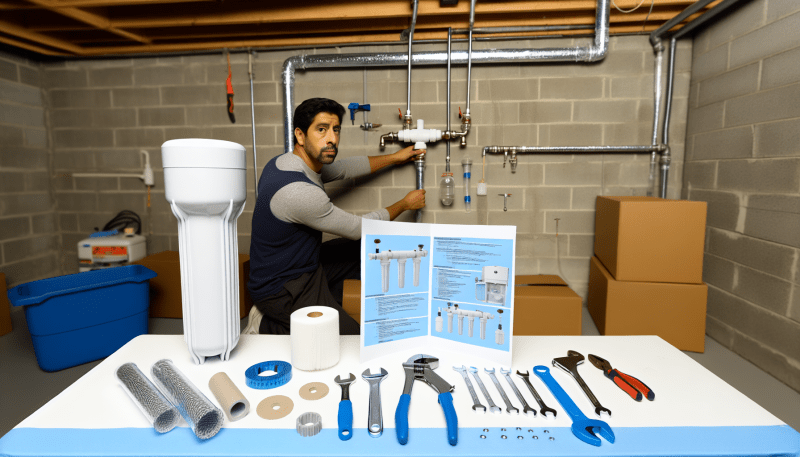Getting a good night’s sleep is crucial for our overall well-being, and one key factor that often gets overlooked is the quality of the air we breathe. Clean air for better sleep and health can significantly improve how well we rest, making it easier to fall asleep and stay asleep throughout the night.
When you breathe in clean air, it helps reduce allergens and irritants like dust, pollen, and pet dander in your room. This can be a game changer for those who suffer from allergies or asthma. By creating a cleaner sleeping environment, you promote easier breathing, so you’re less likely to wake up coughing or sneezing. It’s all about making your sleep space as comfortable as possible!
Clean air can also help regulate your body's stress levels. Polluted air can lead to increased stress and anxiety, which can keep you tossing and turning. On the flip side, when your space feels fresh and clean, you’re more likely to feel calm and relaxed. This serene atmosphere sets the stage for deep, restorative sleep.
Lastly, clean air can enhance your overall mental clarity and energy. A good night's sleep in a fresh environment can leave you feeling rejuvenated and focused during the day. When sleep is combined with clean air for better sleep and health, you’re not only helping your body recharge but also setting up your mind for success!
Easy Ways to Improve Indoor Air
1. Keep it Clean: Regular cleaning helps keep dust, pet dander, and allergens at bay. Make it a routine to vacuum floors and wipe surfaces with a damp cloth to trap those pesky particles rather than just moving them around.
2. Add Some Greenery: Indoor plants not only brighten up your space but also work hard to purify the air. Consider adding snake plants, spider plants, or peace lilies—these beauties are known for their air-cleaning boosts.
3. Ventilation is Key: Make a habit of opening your windows whenever you can. Fresh air circulation helps to minimize indoor pollutants. If that’s not possible, consider using air purifiers to help filter out the unwanted stuff.
4. Check Your Filters: If you have an HVAC system, regularly change those filters. Clean air filters help the system work efficiently and reduce dust and allergens circulating in your home. It’s a simple step that goes a long way in creating clean air for better sleep and health.
Choosing the Right Air Purifier
First things first, consider the size of the room where you plan to use your air purifier. Different models are designed for different room sizes. If you're looking to place it in a bedroom, make sure to check if the purifier is rated for that specific area. A unit that’s too small won’t clean the air effectively, while one that’s too large might be overkill (and louder than you'd like!).
Next, think about the type of filtration system you want. HEPA filters are a popular choice since they effectively capture dust, pollen, and pet dander—perfect for keeping allergens at bay. If you’re dealing with odors or chemicals, look for a model with activated carbon filters as well. A combination of both can help ensure you’re breathing in the clean air for better sleep and health.
Also, keep noise levels in mind! If you want to use it while you sleep, look for air purifiers that have quieter settings. Some come with a “sleep mode” that reduces sound and dims lights, so it won't disturb your slumber!
Lastly, don't forget about maintenance. Check how often filters need to be changed and if replacement filters are readily available. A bit of planning here can save you hassle down the line. With the right air purifier, you can enjoy fresh, clean air that supports your health and enhances your sleep. Happy hunting!
Tips for Better Sleep Hygiene
Struggling to get a good night's sleep? It might be time to focus on your sleep hygiene. Here are some easy tips to help improve your sleep quality and create a restful environment. Remember, clean air for better sleep and health can make a big difference!
Keep Your Bedroom Cool and Dark: A cool, dark room is ideal for sleep. Try using blackout curtains to keep out light and set your thermostat to a comfortable temperature. If it's too hot or bright, you might find yourself tossing and turning all night.
Limit Screen Time Before Bed: We all love scrolling through our phones, but the blue light can interfere with your sleep. Set a ‘no screens’ rule an hour before bedtime. Instead, pick up a good book or listen to calming music to wind down.
Establish a Consistent Routine: Going to bed and waking up at the same time every day helps regulate your body's internal clock. This routine makes it easier to fall asleep and wake up feeling refreshed.
Focus on Air Quality: Clean air for better sleep and health isn't just a catchy phrase—it's real! Make sure to regularly clean or replace air filters, and consider using a humidifier if the air is dry. Plants like snake plants or peace lilies can also improve air quality and create a soothing atmosphere in your bedroom.



